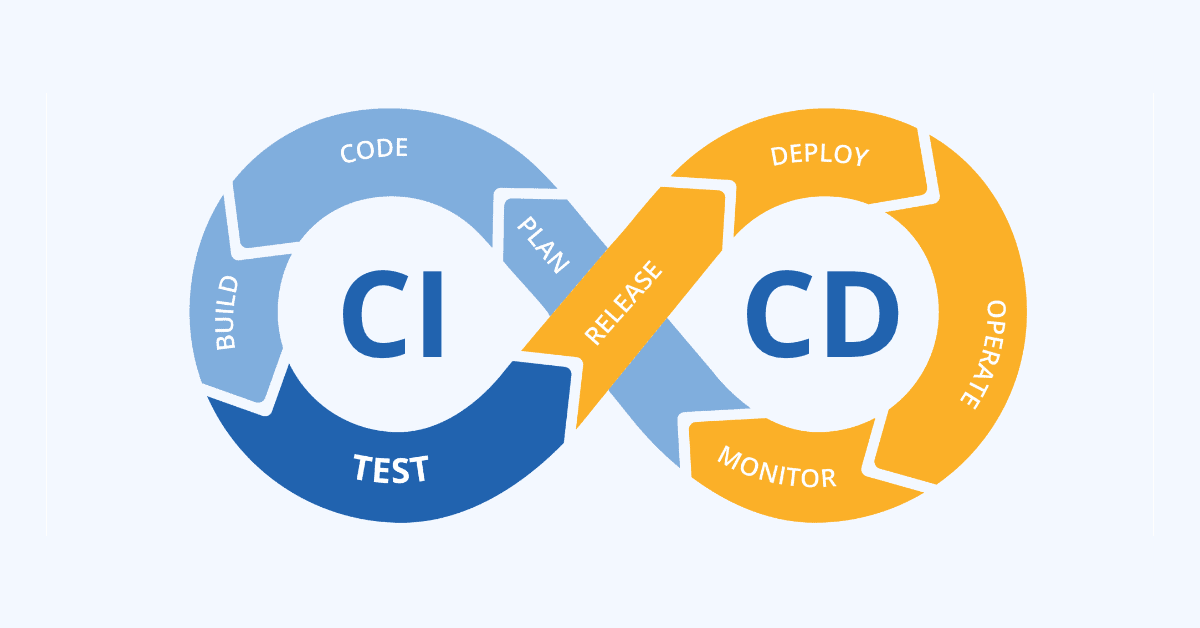From CIO to CEO: Navigating the Career Path
In today's rapidly evolving business landscape, the role of the CIO has transformed from a purely technical position to a strategic business enabler. With their deep knowledge of technology and information management, CIOs are well-positioned to progress in their careers and aspire to the coveted CEO role. This blog explores the various strategies and skills that can help CIOs navigate their career path toward becoming a CEO.
Develop Business Acumen:
To transition from a technology-focused role to a CEO position, CIOs need to broaden their understanding of the business. This involves actively seeking opportunities to learn about different functional areas, such as finance, marketing, operations, and human resources. Taking on cross-functional projects, pursuing executive education programs, and seeking mentorship from senior executives can all contribute to developing a well-rounded business acumen.
Cultivate Leadership Skills:
Effective leadership is a crucial attribute for CEOs. CIOs aiming for the top leadership role should focus on honing their leadership skills. This includes building strong teams, fostering a culture of innovation and collaboration, and empowering employees to drive meaningful change. CIOs can seek leadership development programs, participate in executive coaching, and engage in networking activities to enhance their leadership capabilities.
Adopt a Strategic Mindset:
One of the key differentiators between CIOs and CEOs is the ability to think strategically. CIOs need to expand their focus beyond technology operations and align their strategies with broader business objectives. This entails understanding market trends, customer needs, and competitive landscapes. By actively participating in strategic discussions, contributing to the development of organizational goals, and aligning technology initiatives with business outcomes, CIOs can demonstrate their strategic thinking abilities.
Gain Industry-Specific Expertise:
Industry knowledge is invaluable for aspiring CEOs. CIOs can deepen their understanding of their respective industries by immersing themselves in industry publications, attending conferences and seminars, and engaging in industry-specific networking events. By staying updated on market trends, regulatory changes, and emerging technologies, CIOs can bring valuable insights to the CEO role and contribute to shaping the organization's strategic direction.
Build Relationships and Networks:
Establishing strong relationships with senior executives and board members is crucial for career progression. CIOs should proactively seek opportunities to collaborate with other C-suite executives, participate in cross-functional initiatives, and engage with the company's board of directors. Building a robust network within the industry can also provide access to mentorship, sponsorship, and potential opportunities for advancement.
Demonstrate Results and Impact:
To be considered for the CEO position, CIOs must showcase their ability to deliver measurable results and drive organizational impact. This involves aligning technology initiatives with business outcomes, implementing successful digital transformation projects, and leveraging technology to enhance operational efficiency and customer experiences. By quantifying their achievements and effectively communicating the value they bring to the organization, CIOs can position themselves as strong candidates for the CEO role.
Conclusion:
The path from CIO to CEO is an exciting and challenging journey that requires a combination of technical expertise, business acumen, leadership skills, and strategic thinking. By actively seeking opportunities to develop these attributes, building strong relationships, and delivering impactful results, CIOs can position themselves for advancement to the CEO position. As the role of technology continues to be integral to business success, CIOs have a unique opportunity to leverage their skills and experiences to shape the future of their organizations from the highest leadership position.




